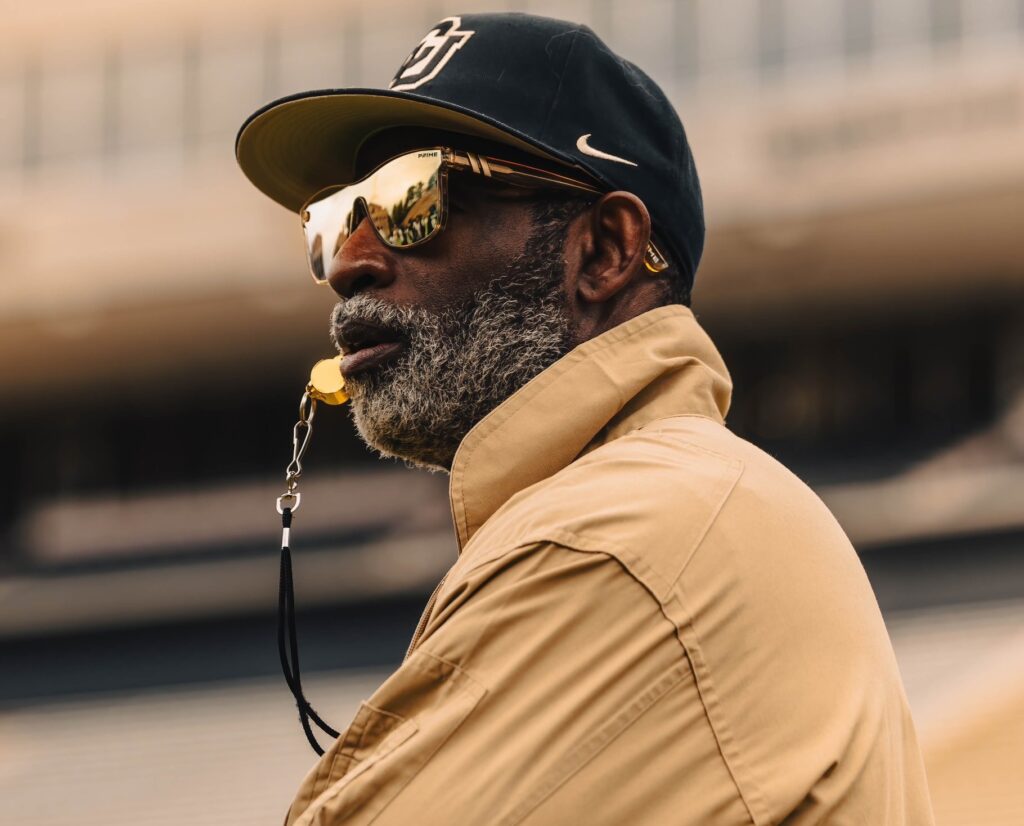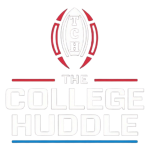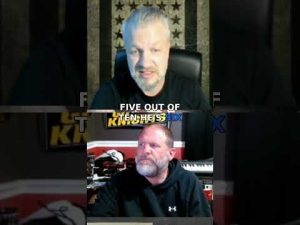
Deon Sanders watches on during a Colorado fall camp practice.
The University of Colorado has made the controversial decision to ban Denver Post columnist Sean Keeler from asking questions at football-related events, citing “sustained, personal attacks” on head coach Deion Sanders and the football program. This move has sparked debate about press freedom and the role of critical journalism in sports.
In a statement provided to the Denver Post, CU’s athletics department explained that Keeler’s exclusion was due to his use of derogatory phrases like “false prophet,” “Deposition Deion,” “Planet Prime,” “Bruce Lee of B.S.,” “the Deion Kool-Aid,” and “circus” in his coverage of Sanders. While Keeler will still be allowed to attend football practices, games, and other events as a credentialed journalist, he will not be permitted to ask questions. The restriction does not apply to other Denver Post reporters or to Keeler’s coverage of other CU athletics programs.
This action is not unprecedented for Sanders, who has a history of contentious relationships with the media. During his tenure at Jackson State, a reporter was barred from covering the football team after writing about a domestic violence charge against one of the team’s recruits. Sanders has also clashed with CBS, recently refusing to engage with the network’s reporters before later resolving the issue.
The language in Sanders’ contract with CU allows him to speak only with “mutually agreed upon media,” a clause that is not included in the contracts of other CU coaches. This has raised concerns about whether the university is attempting to shield Sanders from critical coverage.
The decision to bar Keeler from asking questions appears to stem from a specific incident on August 9, when Sanders publicly expressed his displeasure with Keeler during a news conference. Days later, when Keeler attended a football practice and tried to ask a question, a CU employee cut him off, saying, “Next question.”
Keeler’s critical coverage of Sanders dates back to February, when he questioned the coach’s bold statements about his team’s potential, including a claim that CU could make a run for the College Football Playoff in 2024. In response, Keeler described Sanders as a “false prophet” and “the Bruce Lee of B.S.,” asserting that Sanders was better suited for politics than coaching.
Denver Post sports editor Matt Schubert criticized CU’s decision on social media, arguing that the reasons given for barring Keeler were “entirely subjective.” He suggested that the real issue was the university’s discomfort with Keeler’s critiques.
As Sanders prepares to lead CU into his second season as head coach, starting with a game against North Dakota State, the decision to muzzle a critical voice in the media raises important questions about the balance between protecting a program’s image and upholding the principles of a free press. How long Keeler will remain in CU’s doghouse remains unclear, but the controversy highlights the ongoing tension between Coach Prime and the media that dares to challenge him.





[…] Colorado Bars Reporter from Questioning Deion Sanders After Critical Coverage […]
[…] Colorado Bars Reporter from Questioning Deion Sanders After Critical Coverage […]